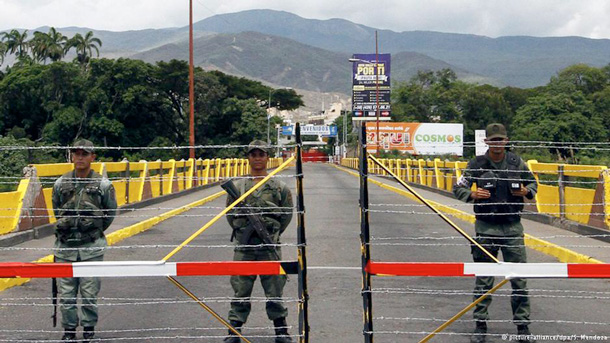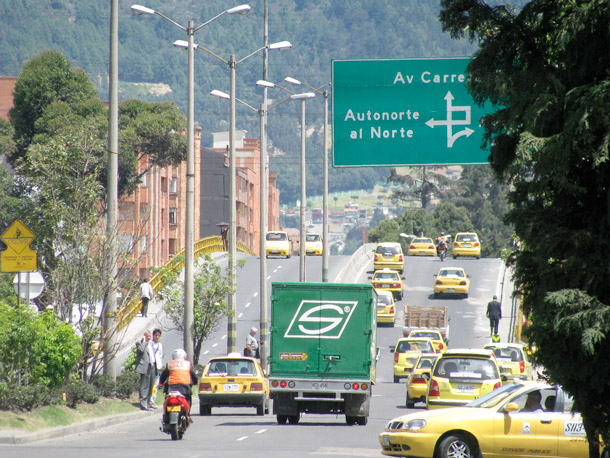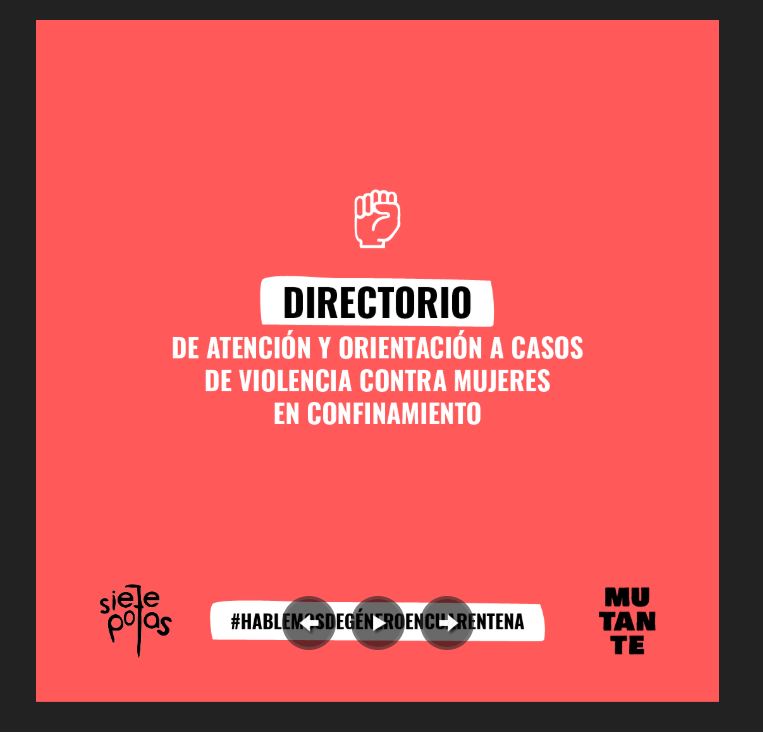Taking the law into your own hands isn’t the sign of a functioning society.

We’ve all got an opinion on the recent case of a medical worker who shot three men in Bogotá a short while ago. To some, it was a horrific sign of a society given over to vigilante violence. To many others it was a welcome comeuppance for suspected criminals.
Every day on Facebook I see people calling for ‘paloterapia’ for suspected criminals. There’s an assumption among members of many groups that calling the police is simply a waste of time. That’s understandable, but there also seems to be a worrying element of glee in these comments. Frustration at crime is one thing, a desire to inflict pain and suffering something else.
The roots of this problem lie in the utter unwillingness of Colombian organs of state to do about anything. Colombia’s crime statistics might seem high, but bear in mind that many, many more crimes go unreported. Why bother, when the police are unlikely to investigate, unable to make arrests if they do, and judges won’t send anyone to jail, which anyway are horrifically overcrowded.
Neither is there any political will to change things. It would require a lot more oversight of state institutions, tax raises, and more transparency in operations. All these things are anathema to those that sit in power and control the machinations of state. Plus, the more that people want to take things into their own hands, the easier it is to justify not providing services.
Whilst corruption, laziness, and incompetence are all strong reasons for the weakness of state, so too is a simple lack of money. This is where things get more complicated. After all, even liberal people often baulk at paying taxes. There are plenty of justifications for this, such as complaining about corruption or claiming that they can give to more efficient charities. Sadly, this money usually doesn’t end up going to good causes, despite what tax-dodgers claim.
Then of course, there’s the problem that many people in Bogotá see vigilantes as heroic figures. But this medical worker is no Batman; he’s a very naughty boy. I do understand this, though, as I suspect most of Bogotá does. Crime is a simple fact of life for many people in Bogotá, and few people have stayed here for any long stretch of time without having been robbed.
It’s easy then, to identify with this medical worker. After all, who hasn’t seen a group walk towards them late at night in a dodgy area and started to worry? Understandable, too, if some people then go a bit further and fantasise about going Travis Bickle. And just as we live vicariously through Taxi Driver, so too do we through this medic. Except in this case it’s chillingly real.
It’s tempting. I get it. Especially in a society so given to casual violence, the idea of sorting your own problems is seductive. But it’s a slippery path to walk. In some countries, the horrors of the past might be long buried and the stains barely visible. In Colombia, though, there are plenty of people who know first-hand where the road of vigilantism ends. It leads inexorably and unavoidably to the blood of innocents.
Related: Oli’s previous big topics.
And let’s not forget that. This was an attack made on an assumption. Maybe they were muggers coming for him, maybe they were armed. They could even have had long criminal records. But none of that justifies a ‘shoot first, ask questions later’ approach. If we assume that all our fellow bogotanos are potentially dangerous, only out to attack us, we may as well give up on living in the city.
Of course, in the campo, far from the major cities, this sort of thing is par for the course. For all the hand-wringing over the curse of paramilitarism, it remains popular in the minds of many. Simply put, there’s no way that paramilitaries can function without support from local populations, one way or another. But Bogotá is not the campo. It should operate under the rule of law, at least nominally.





